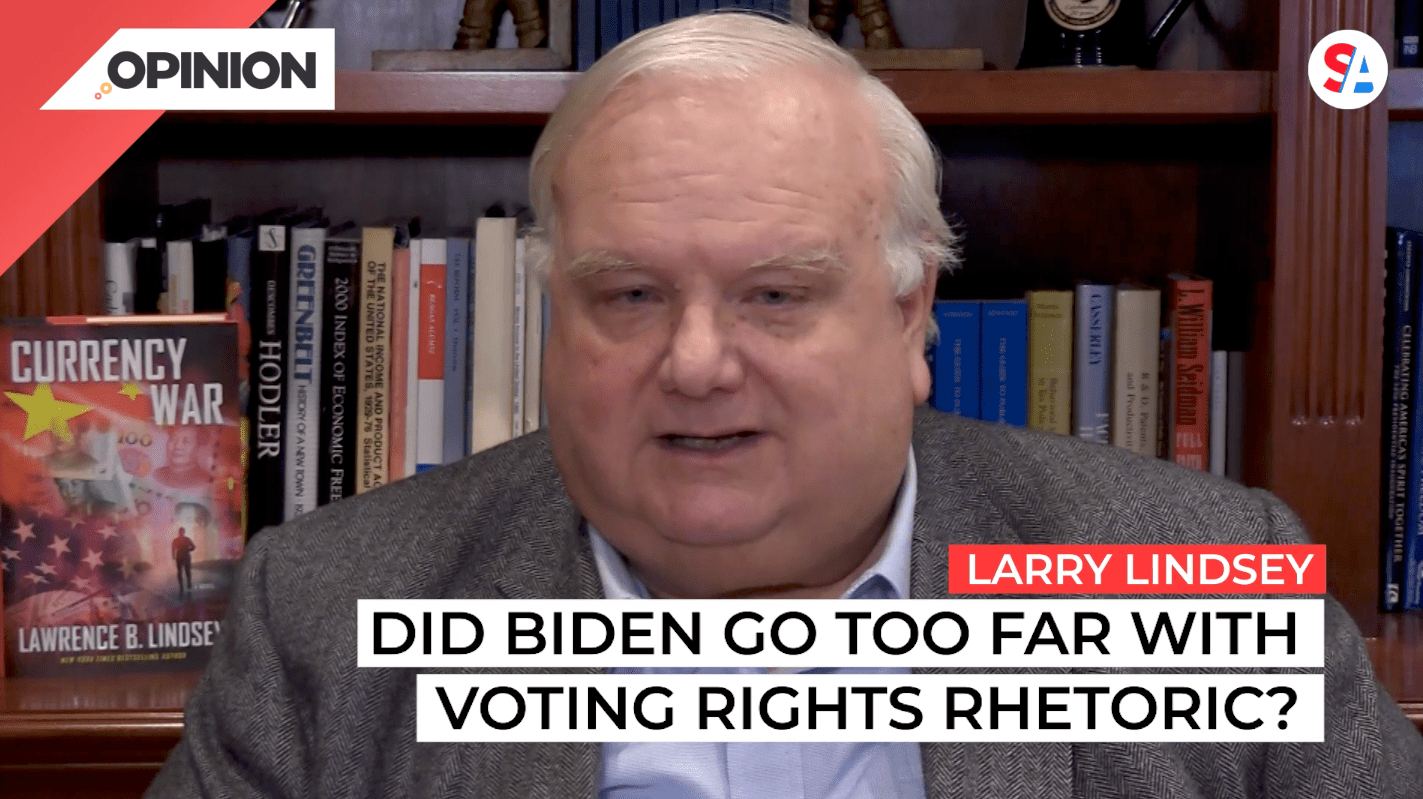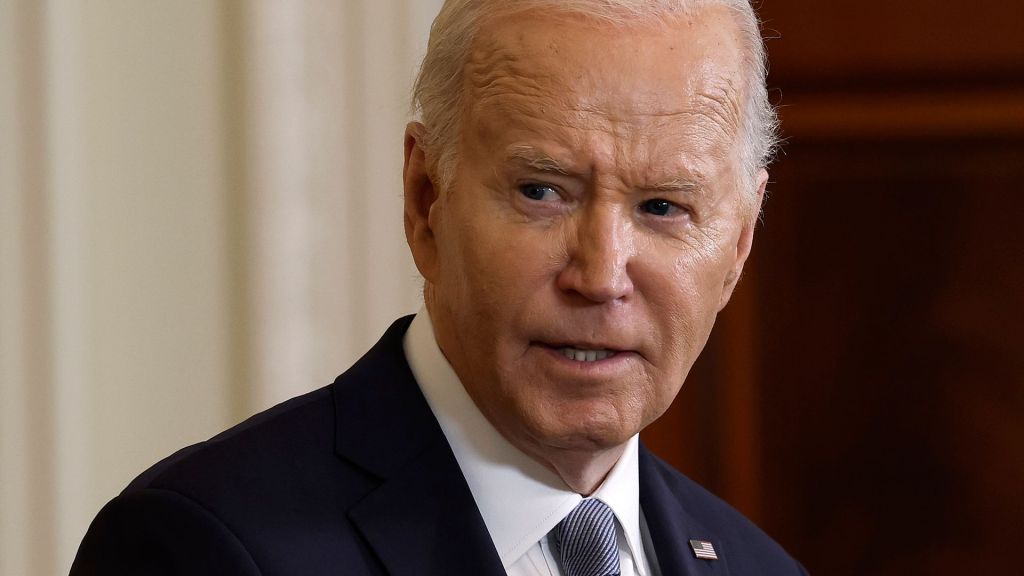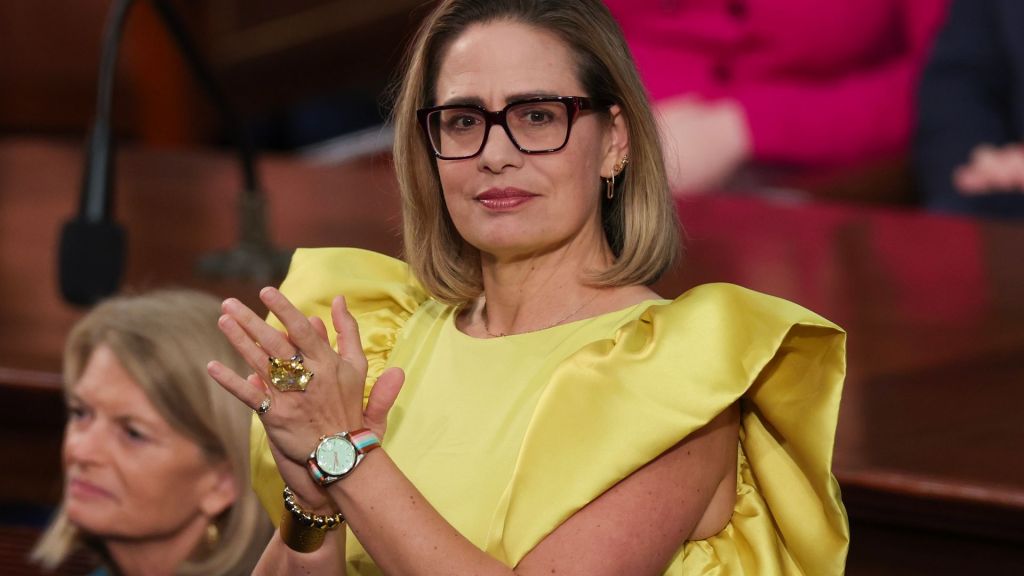
Commentary
-
Our commentary partners will help you reach your own conclusions on complex topics.
Voting rights has been in the news quite a bit. As with many stories that come out of Washington, there’s usually a lot more to it than is being broadcast to you on the nightly news.
First of all, voting rights has always been a bipartisan issue passed by large bipartisan majorities in both houses. The last four times the bill has been renewed. It’s been signed by Republican presidents.
In Atlanta, Georgia, President Biden really upped the rhetoric on this one to levels that you really almost never see in U.S. politics. He called opponents of his proposal, insidious, undemocratic, trying to subvert the country. They were like Jim Crow, George Wallace, Bull Connor, Jefferson Davis, and their ideas were the kinds of things you see in totalitarian states.
Well, even the number two Democrat in the Senate, Dick Durbin said the president may have gone too far on that rhetoric and, we’ll consider why later, but let’s start by looking at the issue.
This seems to be a legislative solution in search of a problem to fix. There was recently a study of 10 years of voter identification laws which the president is proposing we get rid of, the effect of which was that there was no negative impact on either registration or turnout for any demographic group in America.
The Census Bureau came out just late last year and reported that black turnout is actually bigger than white turnout, suggesting that there may not be any particular need here, was hardly Jim Crow, the way things now stand, not only that, there are three things that the bill seeks to change that the public just doesn’t agree with.
On requiring a photo identification to vote. For example, the public supports that by a margin of 85 to 12, with all demographic groups supporting it.
The public who’s asked whether we should require that ballots be returned if they’re mailed in by election day, that goes in the bill, but the public supports keeping the rule by 82 to 18.
There’s also a requirement that states be allowed to purge their voting rolls of people who are dead or who have moved. The public supports that 88 to eight, but the president wants to change it.
Well, why? The real reason is that the bill involves a major structural change.
Ever since the constitution was written, states have had control over voting within their own state. There are limitations of this, that the court imposes, but, by and large, it’s state law that prevails.
What the bill does is take the voting law out of the hands of the states. And hands it to politically-appointed bureaucrats in Washington to override any state rule that they don’t like.
If this were to happen in some other country, we’d say so why, why is all the power over voting being moved over to appointees of the governing party at the center? That doesn’t sound very democratic at all. And we would almost certainly, question it. So, this is not necessarily a matter of saving democracy. It’s a matter of shifting power to those who are now in charge.
The key on all this, when you watch the news as to why they’re doing it is actually a bipartisan rule in Washington. And it goes like this.
When the rest of the news is going bad, find something with which you fill the airwaves that pushes everything else off. But the best way to do that is to be rather shrill in your criticism. And that attracts the media’s attention. Now this is again, not a partisan thing. Biden’s predecessor Donald Trump, did this with extreme effort. Trump found a little secret. He didn’t have to just take it off the airwaves himself. He would say something outrageous that would just drive the press into a frenzy, and the press would fill the airwaves with criticisms of Trump, which got what Trump didn’t want on the AirWaves off.
It’s a little trick, a way to manipulate the press.
And so the strong rhetoric, comparing people to Bull Connor and Jefferson Davis, ends up, um, you know, doing the same thing and the press has picked up the mantle from the president.
Well, so what’s wrong with all that? The main problem is that there are times when bipartisanship or what is often called in Washington comity, C O M I T Y, not comedy that you laugh at, but comity, getting along to some extent.
And oftentimes the president, if an emergency comes along, is going to need broad bipartisan support. That means he’s gonna have to go to all those George Wallaces, Bull Connors, Jefferson Davises of the world and ask for that vote.
Well, all I can say is good luck with that. And that is probably why the democratic number two in the Senate said the president probably went a little bit too far.
-
Election 2024 will boil down to the Great Lakes states
Pollsters and pundits have been engaged in a long debate about how Biden or Trump might win the 2024 election, with much of their focus spent on the “swing state” electoral battlegrounds. While the winners of Alabama or California may be obvious, for instance, who wins Pennsylvania is a more difficult question. Watch the above… -
Why the Fed should consider Theory of Reflexivity when fixing policy
The Theory of Reflexivity, often used in the context of economics and financial markets, implies that investors don’t base their decisions on reality but on their perceptions of reality. This creates a feedback loop where investors’ perceptions influence economic fundamentals, which in turn alter investor perceptions. Watch the above video as Straight Arrow News contributor… -
Federal Reserve surpassed its own wildest expectations
On May 14, the U.S. Bureau of Labor Statistics released the most current producer price index (PPI) report, which showed an increase of 0.5% month-over-month in April. After the report’s release, U.S. Federal Reserve chairman Jerome “Jay” Powell said that while he believes the current policy rate is restrictive by many measures, the Fed needs… -
Polls give slight advantage to Trump in Electoral College
With the U.S. general election only six months away, leading candidates President Joe Biden and former President Donald Trump appear to be engaged in a very close contest. In their 2020 race, the winner of the Electoral College was ultimately determined by a relative handful of voters in just a few swing states, even though… -
College sports is big money but not everyone benefits
March Madness has wrapped up and Caitlin Clark has emerged as a household name as well as a wealthy student athlete. Earning over $3 million throughout her college career, her success stands in stark contrast to the previous notion that collegiate athletes shouldn’t earn anything beyond their scholarship. Straight Arrow News contributor Larry Lindsey examines…
Latest Opinions
-
 Getty Images
Getty Images
Biden considers commuting death row: Report
-
 Louisville Metro Police Department
Louisville Metro Police Department
Louisville police issue citation to homeless woman in labor
-
 Getty Images
Getty Images
New book accuses Spotify of promoting fake artists
-
 Getty Images
Getty Images
Andrew Cuomo sues for defamation after sexual harassment allegations
-
 Reuters
Reuters
Driver kills at least two in Germany Christmas market attack
Popular Opinions
-
In addition to the facts, we believe it’s vital to hear perspectives from all sides of the political spectrum.






